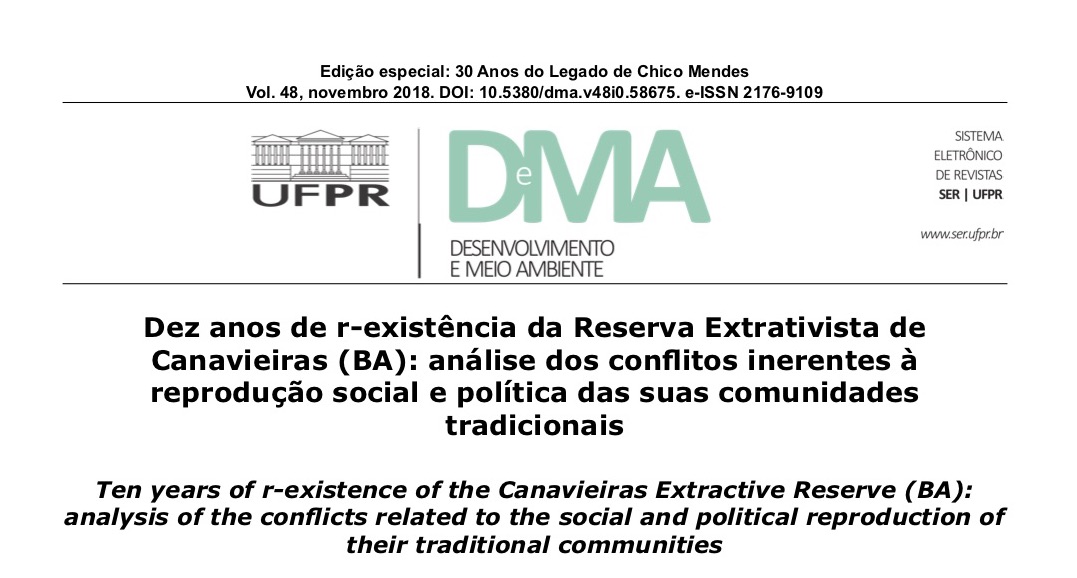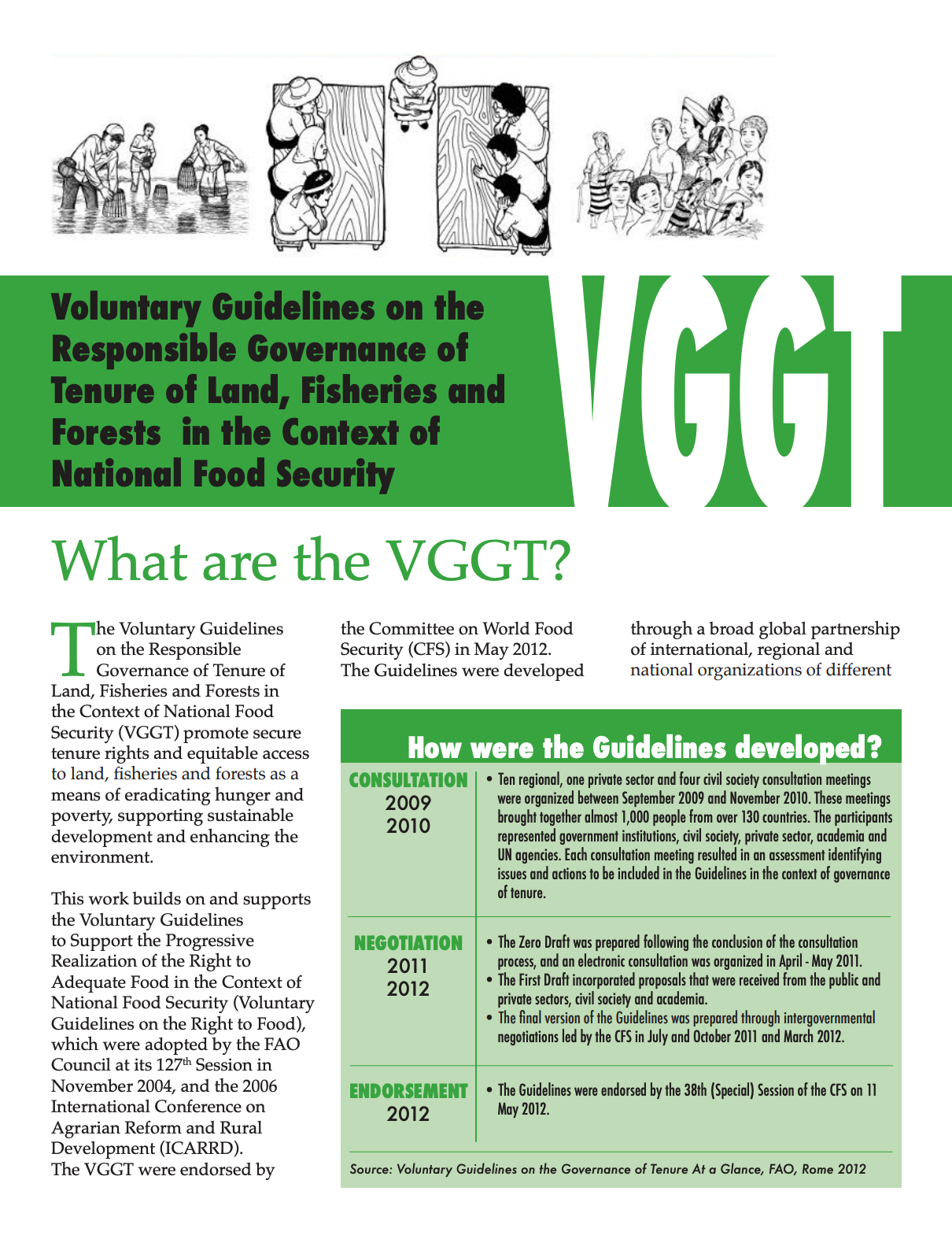posse da terra
AGROVOC URI:
QTR Tenure Risk Tool
New research by the Quantifying Tenure Risk (QTR) initiative has revealed that land disputes can cause losses of up to $101 million across a range of agricultural projects in Africa, while at the same time causing significant harm and stress to local communities who have a claim to the land.
In response, the initiative has developed a new publicly available economic modelling tool to accurately determine the potential cost of a dispute in a bid to help companies avoid harmful investments.
The Tenure Risk Tool: helping investors meet environmental, social and governance criteria
Assessing the costs of tenure risks to agribusinesses
Tenure risk – or the risk of dispute between investors and local people over land or natural resource claims – is endemic in emerging markets. There are hundreds of recorded incidents of tenure disputes creating delays, violence, project cancellation and even bankruptcy at a corporate level. These tenure disputes create lose-lose outcomes for investors, local people and national governments while robbing emerging markets of the developmental benefits of responsible land investments.
Dez anos de r-existência da Reserva Extrativista de Canavieiras (BA):
ANGOC: Voluntary Guidelines on the Responsible Governance of Tenure of Land, Fisheries and Forests in the Context of National Food Security
This document was written by the Asian NGO Coalition for Agrarian Reform and Rural Development (ANGOC) with the view of increasing awareness and understanding in the context of the Philippines of the VGGT. This material draws from previous materials prepared by ANGOC as well as from the presentation and discussion during the training of trainers on “Increasing the use of the Voluntary Guidelines on the Responsible Governance of Tenure of Land, Fisheries and Forests among CSOs and Grassroots Organizations in the Philippines” held on 11-14 July 2016 in Tagaytay City, Philippines.
Rural Livelihoods: Land Tenure and Common Property Resources Checklist
A checklist for gender-sensitive analysis of land tenure and common property resource systems, with sections on: gender roles, needs, incentives and benefits; project planning; livelihoods context; facilitating participation; and measuring impact.
Rural Livelihoods: Land Tenure
Gender issues in land tenure systems. Sections include: key issues; females' less visible roles; instances when women and girls may need special attention; examples of gender sensitive terms of reference; and mini case studies.
Rural Livelihoods: Facts and Figures
Contains details of relevant websites, an overview of gender issues in natural resources data collection and analysis, facts and figures on various areas (eg. Gender and Land, Female Headed Households), and key references.
Gender Responsive Land Tenure Development
What can development cooperation do to improve gender-responsiveness of land tenure development' Central to this objective is the mainstreaming of gender considerations into all areas (macro, meso and micro levels) of development cooperation which influence access to, control over, and benefits from land. This paper outlines the situation of women with regard to land tenure worldwide, and the challenge for development cooperation in addressing the gap between gender imbalances in land tenure and internationally declared aims for gender equality.
Rural Livelihoods: Contacts
Details of numerous Sustainable Rural Livelihoods websites.
Rural Livelihoods: Bibliographies
This section is divided into Key Documents, and References and Bibliographies for each of the following areas: General; Biodiversity and Environment; Land Tenure and Property Rights; Crops; Livestock; Fisheries; Forestry; and Water.







